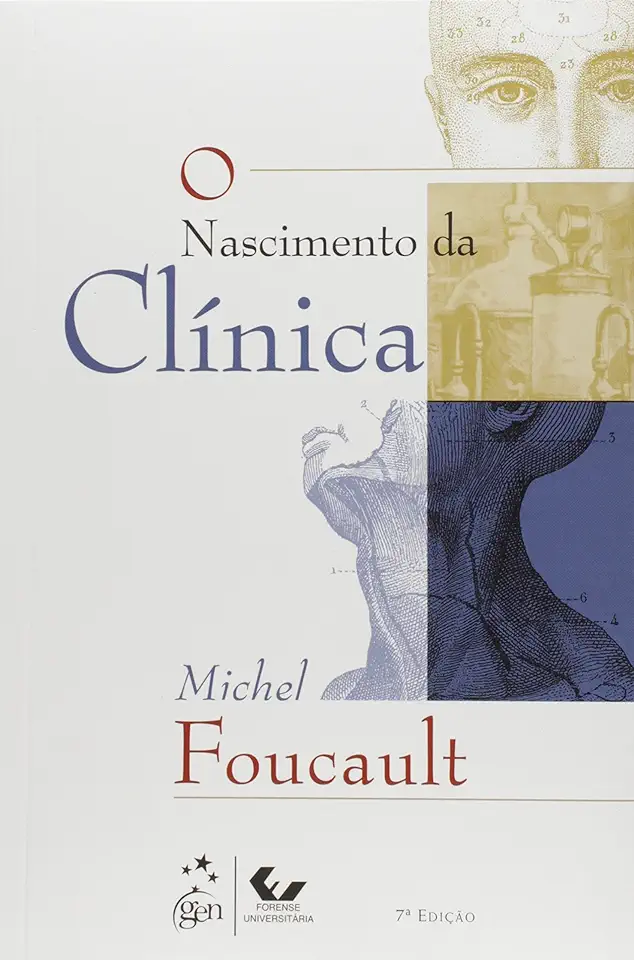
The Birth of the Clinic - Michel Foucault
The Birth of the Clinic: An Introduction
Michel Foucault's The Birth of the Clinic is a seminal work in the history of medicine and the human sciences. Published in 1963, the book traces the emergence of the modern clinic as a site of medical knowledge and practice, and argues that this development is intimately linked to the rise of modern power relations.
Foucault begins by examining the pre-modern hospital, which he characterizes as a place of charity and religious care. In this setting, the patient was seen as a moral subject, and treatment was focused on the soul as much as the body. However, with the rise of scientific medicine in the 18th century, the hospital began to be transformed into a place of scientific observation and experimentation. The patient became an object of study, and treatment was increasingly focused on the physical body.
This shift in medical practice was accompanied by a change in the way that doctors were trained. In the pre-modern era, doctors were often trained through apprenticeships with experienced practitioners. However, with the rise of scientific medicine, medical education became increasingly formalized, and doctors were required to have a university degree. This process of professionalization led to a new sense of medical authority, and doctors began to be seen as experts in the field of health and illness.
The emergence of the modern clinic also had a profound impact on the way that patients were treated. In the pre-modern hospital, patients were often treated in large, open wards. However, with the rise of scientific medicine, patients began to be isolated in individual rooms. This isolation served to further objectify the patient and made it easier for doctors to observe and experiment on them.
Foucault argues that the modern clinic is a product of the rise of modern power relations. He argues that the clinic is a site where power is exercised over the body of the patient. This power is not simply physical, but also psychological and social. The clinic is a place where the patient is made to feel vulnerable and dependent, and where they are subjected to the authority of the doctor.
Foucault's The Birth of the Clinic is a powerful and provocative work that has had a profound impact on the history of medicine and the human sciences. The book is a must-read for anyone interested in understanding the origins of modern medicine and the way that power is exercised in the healthcare setting.
Key Themes in The Birth of the Clinic
- The emergence of the modern clinic as a site of medical knowledge and practice.
- The shift from a moral to a scientific understanding of illness.
- The professionalization of medicine and the rise of medical authority.
- The objectification of the patient and the exercise of power in the healthcare setting.
Why You Should Read The Birth of the Clinic
The Birth of the Clinic is a challenging and rewarding book that will change the way you think about medicine and the human sciences. The book is essential reading for anyone interested in understanding the origins of modern medicine, the way that power is exercised in the healthcare setting, and the relationship between medicine and society.
Here are a few reasons why you should read The Birth of the Clinic:
- It is a seminal work in the history of medicine and the human sciences.
- It offers a unique and provocative perspective on the origins of modern medicine.
- It is a beautifully written and thought-provoking book.
- It will change the way you think about medicine and the human sciences.
How to Buy The Birth of the Clinic
The Birth of the Clinic is available in hardcover, paperback, and ebook formats. You can purchase the book from a variety of online retailers, including Amazon, Barnes & Noble, and Powell's. You can also find the book in most libraries.